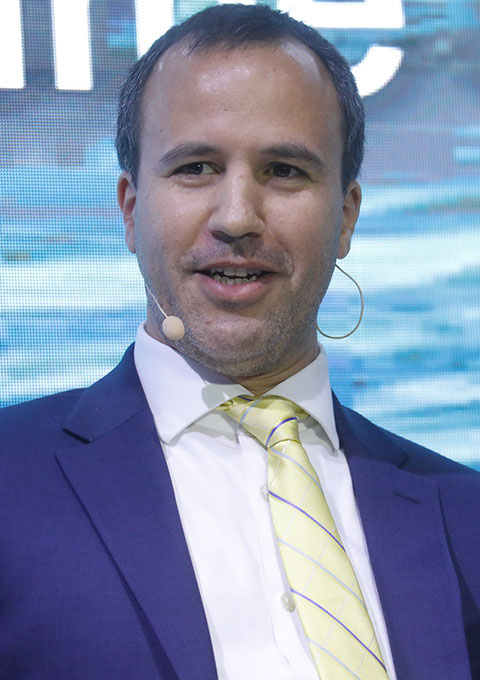The Global Terrorism Index (GTI) is an annual report produced by the Institute for Economics & Peace (IEP). Now on its 9th edition, the GTI provides a comprehensive summary of the key global trends and patterns in terrorism. It analyses a number of vital aspects of terrorism such as the socio-economic conditions under which it occurs, how terrorism changes over time, the geopolitical drivers and ideological aims of terrorist groups and the strategies used by terrorists.
In the previous edition, the GTI 2020 reported a decrease in deaths from terrorism for a fifth consecutive year. The drop of deaths by 15.5% was due to a reduction on the impact of terrorism in 103 countries. The decrease in deaths from terrorism was perceived in the MENA region, Russia, Eurasia, South America, and South Asia, with a 20% reduction. Yet terrorism became more widespread in other regions, concentrating in sub-Saharan Africa. The country with the highest increase in terrorism was Burkina Faso, followed by Sri Lanka.
Moreover, the economic impact of terrorism had decreased for five consecutive years, amounting to US$26.4 billion in 2019. The 2020 GTI identified a shifting landscape in terrorism, with the spread of ISIL affiliate groups in sub-Saharan Africa and the emergence of far-right terrorism across Western Europe and North America.
In this presentation, the panellists will discuss the trends in terrorism, radicalisation and violent extremism particularly in the Sahel region.









